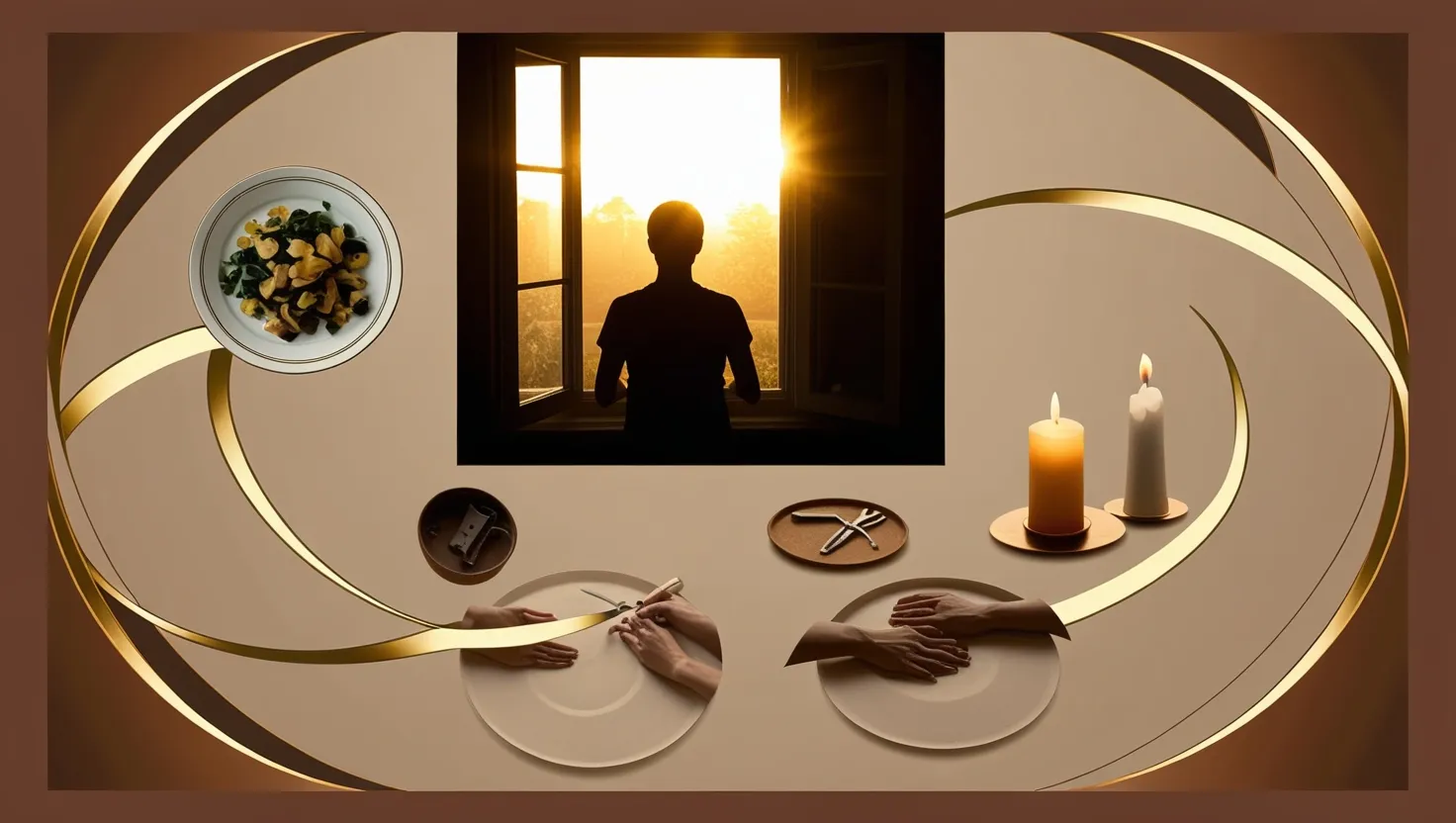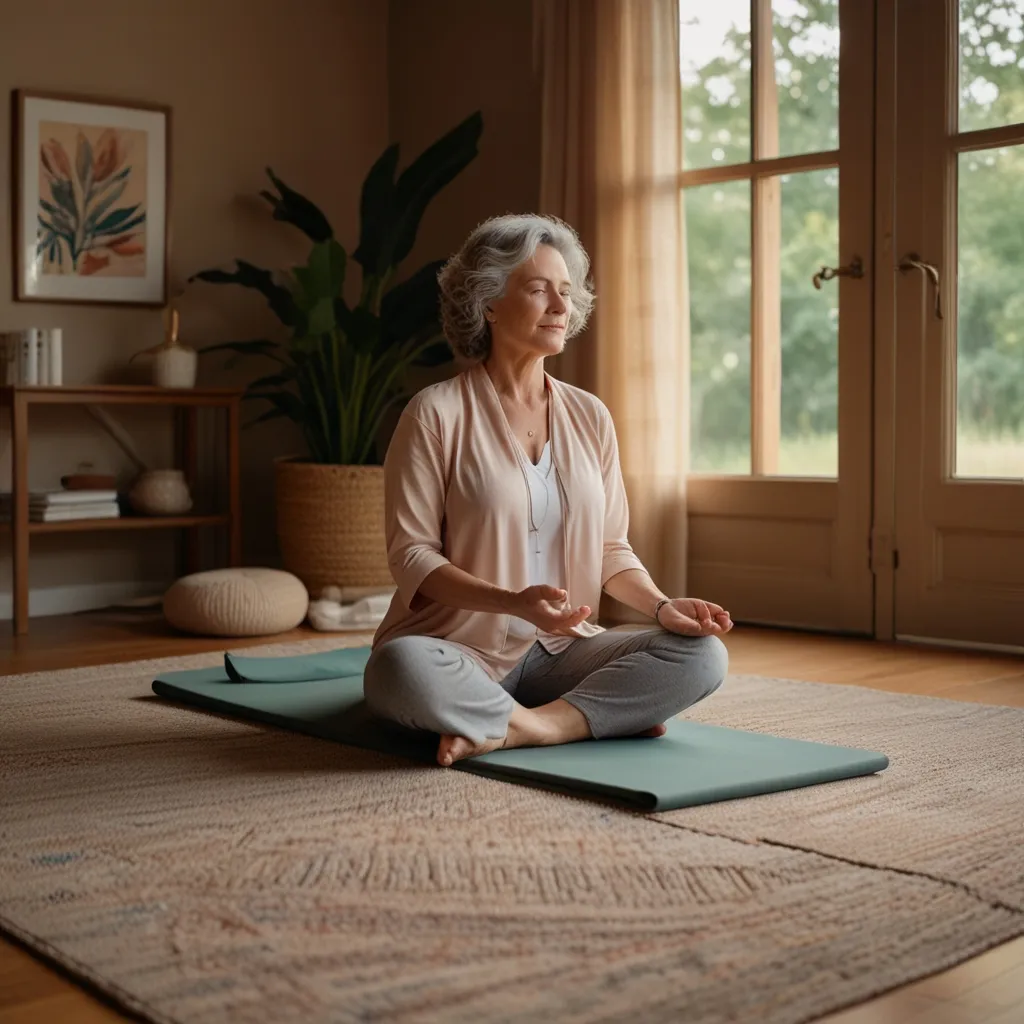If you’ve ever wondered how a civilization famous for both its golden domes and its labyrinthine politics managed to create harmony in daily life, the answer, I’ve found, lies in the small but deliberate rituals that shaped every day in Byzantium. Let’s walk through how these practices might fit seamlessly into our modern routines, and along the way, I’ll challenge you to consider: What do you do each day that truly centers you?
Each morning in Constantinople, the day began by facing east—the direction of the rising sun. There’s something profound in standing at your window, watching the first rays climb over the horizon, and pausing before you pick up a device or enter a meeting. If you make a five-minute ritual of morning light—just you, a window, and the gradual birth of the day—you might notice a difference in focus. The Byzantines offered prayers, but you could simply set a quiet intention for the coming hours. In those moments of soft gold, when the world feels clear and unfinished, I have found that my mind wakes up, not as a racehorse startled from the gate, but as a traveler adjusting to the gentle unfolding of what’s next.
“With the new day comes new strength and new thoughts.” — Eleanor Roosevelt
Most of us are familiar with the hustle of work: tasks, notifications, and never-ending emails. The Byzantines, especially their scribes and scholars, understood their work required both intensity and recovery. Their day was not a mad dash, but a cadence—a series of focused sessions punctuated by short breaks. I encourage you to try the same: set a timer for 45 minutes, commit to one project, then rise for five minutes. Stretch, walk, or close your eyes. Their pauses involved brief prayers; you might enjoy a mindful breath or a moment away from your screen. This rhythm maintains creative stamina, making concentration less of a chore and more of a habit. And it’s easier to keep your place in the sea of demands when every interval feels intentional.
Ever notice how sharing a meal with someone can turn a simple lunch into a highlight of your day? In the Byzantine world, midday meals were less about food than connection. Artisans, merchants, and even the emperor himself dined in the company of others—a break from work that nourished body, mind, and relationships. Imagine stepping away from your desk and inviting a colleague or family member to share a genuine meal—no screens, no distractions, just open conversation. Meals become an act of presence, a kind of social glue that binds us. When was the last time you learned something meaningful about a friend or coworker over food, just by giving them your full attention?
“One cannot think well, love well, sleep well, if one has not dined well.” — Virginia Woolf
But life, even with these rhythms, can become monotonous. Here’s where the Byzantines truly surprise me. Artistry wasn’t confined to designated hours or certain people; short creative breaks were woven throughout their day. A scribe copying texts would pause to study a painted page, an artisan would step back to let a new pattern or color sink in. Try scheduling a five-minute creative pause—doodle, arrange something in your workspace, listen to a favorite song. You’ll find that it refreshes your senses and opens your mind in ways a simple coffee break never will. What would happen if you let beauty interrupt your routine—even for just five minutes?
Have you ever ended your day still buzzing with tasks you failed to complete, or words you wished you’d said differently? The Byzantines finished their evenings not with endless scrolling, but with reflection. As lamps flickered, they reviewed their actions, celebrated small connections, and learned quietly from the day’s stumbles. I challenge you to take ten minutes before bed—away from your phone—and consider: Whom did I connect with today? What did I truly accomplish? Write down one sentence, a lesson learned or a moment of gratitude. Over time, you may find not only better sleep, but a growing sense of purpose and self-respect.
“Let us examine our ways and test them, and let us return to the Lord.” — Lamentations 3:40
These practices invite me to reconsider what it means to be both productive and connected. Our world moves quickly, rewarding multitasking and constant digital presence, but the Byzantine approach suggests another way—a series of intentional rituals, each rooted in the body, the senses, and the company of others. Where they faced east, we may pause for light or intention; where they organized labor, we build in recovery; where they ate together, we look one another in the eye; where they honored pause for art, we allow ourselves inspiration; and where they concluded days in reflection, we give ourselves permission to grow.
How do these habits stack up against your own? I find that the more I add even fragments of these rituals, the more anchored—and less scattered—I feel. Imagine what your workday, your relationships, or even your sleep might look like with just a few small changes. The brilliance of these old customs lies not in their complexity, but in the gentle structure they lend to an often-chaotic life.
The Byzantine Empire might have fallen centuries ago, but its lessons for living—quiet, focused, and profoundly human—couldn’t be more relevant now. As you move through your day, perhaps pick just one of these habits to experiment with. Will you greet the sun before the headlines? Break bread with intention? Pause for a glimpse of beauty? Or end your day in gentle introspection? The answers, as always, will reveal themselves in the practice.






